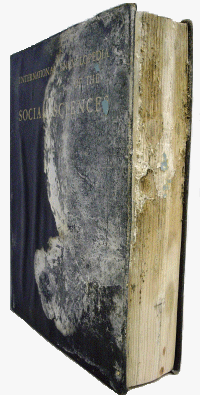Question: My question regards mold exposure limits. I just had a mold count done in my home. The spore count levels in the basement were 5X and 6X outside air in the bedroom. Are these levels high enough to make someone sick? What are “high” levels? In other words are there mold exposure limits? Molds found were Penicillium, Aspergillus and ascospores. I spent a good deal of money on the testing and just would like someone else’s point of view, other than the guy wanting to sell me the remediation. Thank you.
Answer: Due to the large number of mold species and strains commonly found in buildings and the large inter-individual variability in sensitivity to mold exposure it has been difficult to set mold exposure limits. In other words there are no safe or unsafe levels of airborne mold spore counts that have been established. In absence of mold exposure limits, results from tests for airborne fungal spores cannot be used to assess risks to the health of building occupants. However, individuals who are immunocompromised are at higher risk of mold exposure than healthy individuals.
To minimize the risks of mold exposure it’s recommended to:
- control humidity and diligently repair any water damage to prevent
mold growth; and - clean thoroughly any visible or concealed mold growing in
residential or office buildings.
These recommendations apply regardless of the type of mold found to be growing in the building.

